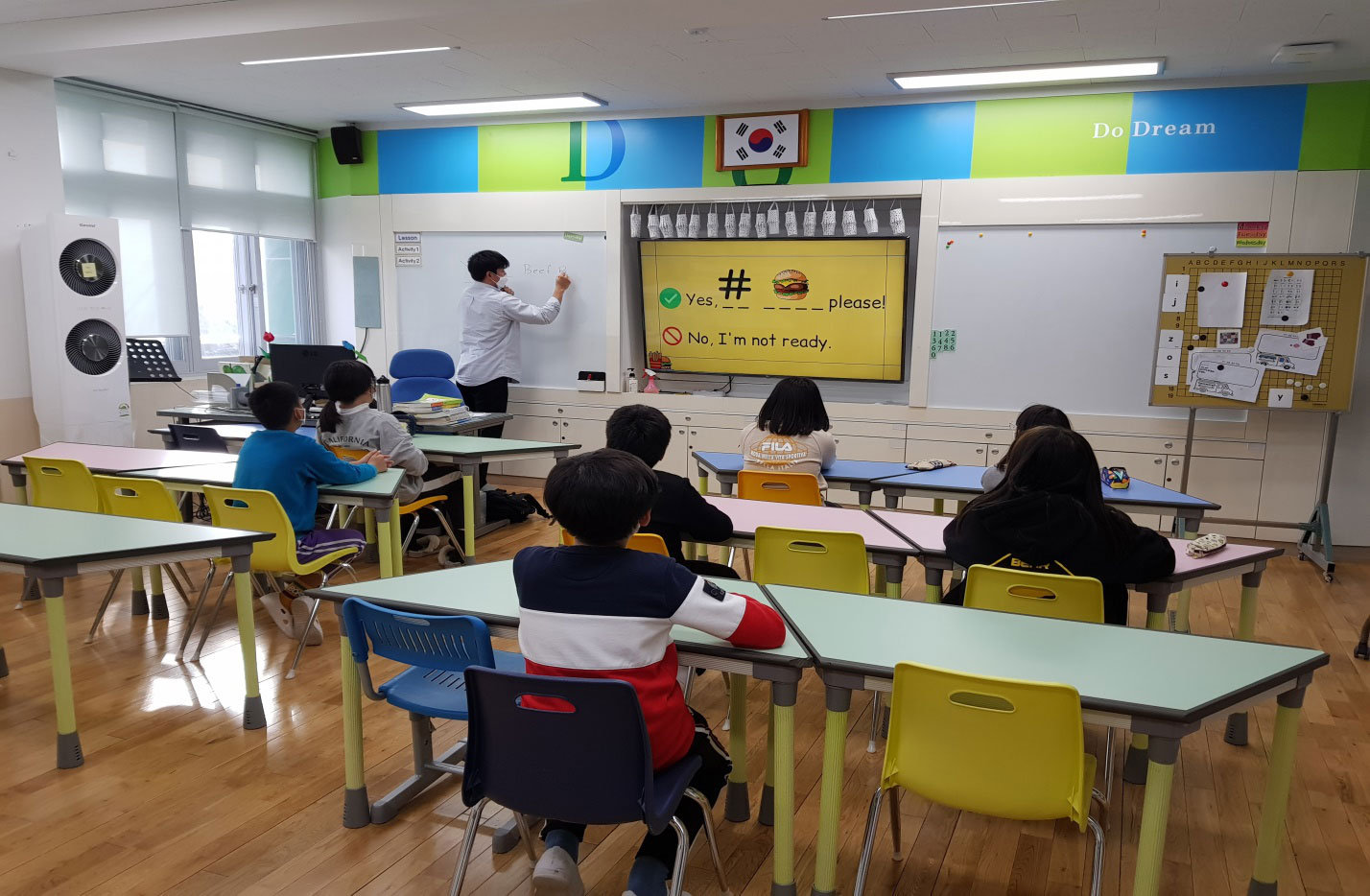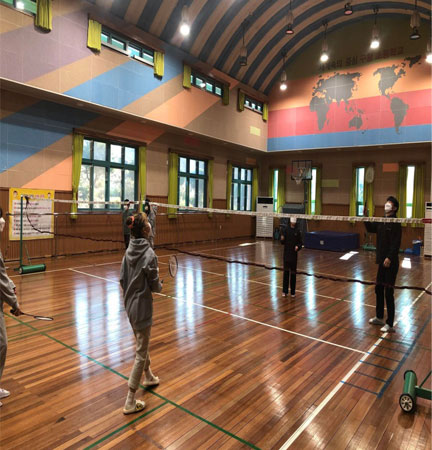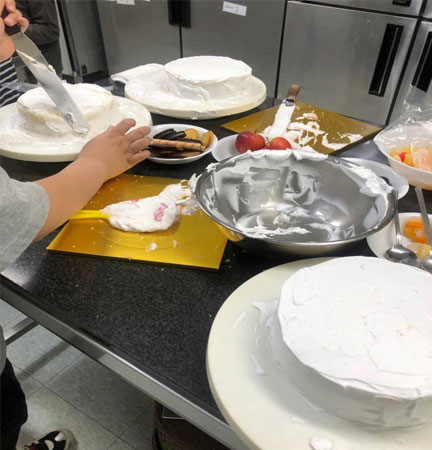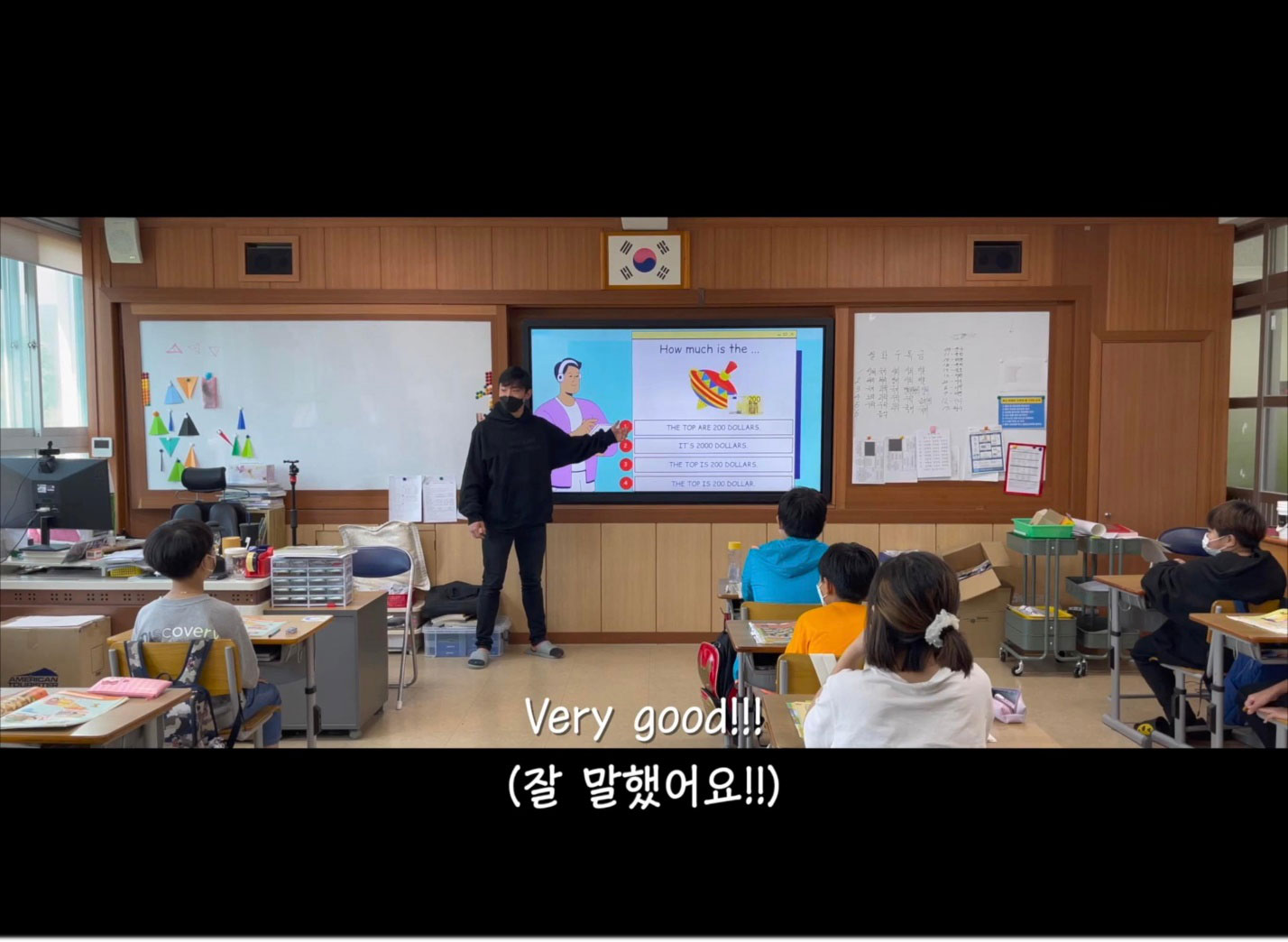-
My two cents on teaching in Rural Korea
Jong Woo Yim
Nobody really knows what to expect of teaching in rural Korea. Any information accumulated from Google, watching YouTube videos, and reading this newsletter goes out the window the moment you settle into your officetel for the first time. Having been born and raised in Sydney I couldn’t help but make comparisons between the ‘outback’ and my potential placement in rural Korea. However, upon arrival it becomes apparent that on a landmass 78-fold smaller and double the population, ‘rural’ means something completely different. You soon realise, by talking with fellow English teachers scattered throughout the country, that ‘rural’ also means something different within Korea itself.
It goes without saying that everyone’s experience in Korea will be unique with numerous variables such as how developed your area is, the kind of housing you will call home and the schools that you are placed in. This probably sounds unhelpful for someone who is looking to get a better picture of what programs such as TaLK entails. This is all to say that any amount of speculation will inevitably be thrown out the window, so expect the unexpected. What I do offer is my two cents on my experience teaching English in HongSeong at Guhang and Galsan Elementary School in the Chungcheongnam-do province.

The first cent I would offer is proactively engaging with your students. Contractually, your duties are limited to the confines of your classroom, a textbook (hopefully Daekyo) and your after-school classes. However, that hasn’t stopped me from dropping into gym classes in-between classes to play badminton with my sixth graders to show off my coordination, speed and unparalleled forehand. On a serious note, it’s been a great way to spend my down-time between classes and create deeper bonds with my students. Activities like badminton have helped me learn names and make teaching feel more natural as I feel closer and more motivated to engage with my students. You’ll find that the time you spend outside translates inside the classroom, as students find learning words such as ‘badminton’ and ‘lose’ and ‘ahhhh, lost again!’ more relatable.
Immersing myself in the school life and community has probably been the most fulfilling experience in Korea so far. Sure, the weekends you spend exploring Seoul, Busan and Jeju are amazing, but the weeks and days spent in and out within HongSeong is from where I’ll be taking most of my memories back home to Sydney. Mind you, HongSeong doesn't have the greatest reputation as a tourist attraction. When asking local taxi drivers for recommendations they usually respond with one of the following: HongSeong is known for a large temple called Sudeoksa, Hanwoo(Premium Korean Beef) that I can’t afford, or silence followed by laughter followed by ‘we’ve arrived at your destination’. If you’re lucky enough like me, you’ll join your school on a field trip on a coach bus headed in the same direction as the bus home, to HongSeong. Here I spent time with my students baking and decorating cakes, exploring museums and libraries, watching everyone whip out their lunch boxes full of gimbap and engaging in plenty of conversation in-between. It’s one of my fonder memories of Korea and one that understandably escapes the knowledge of local taxi drivers. Here’s a second cent, make sure to ask your teachers and/or vice principal about field trips and how to be on one yesterday.
As my time in Korea nears to an end I’ve been reflecting on how fortunate I’ve been to have formed so many relationships with my students and the school community in general. Before coming to Korea, like most people, I was nervous as to where I would be placed and hoped for a placement closer to Seoul. Having been in Korea, what has stood out has been the people I have met. One of the many examples that comes to mind is my fourth grade co-teacher whose dedication to his students and teaching has been inspiring and resulted in exciting opportunities such as kick-starting my hallyuwood career. Despite arriving at the school half-way through filming I was offered a role in the student film ‘The Time With You’ where I would act as English Teacher 1. Riding on the coattails of the talented actors and actresses of Grade 4, I would become an overnight sensation in the school cafeteria for about two days for my two minute performance.
Please check out the link to see the movie: Recently, the same class completed the textbook content for the year and instead of jumping into revision we had decided to read some of the children’s books that I read when I was younger. Seeing that the podcast format was in vogue, and apparently everyone’s mate is a podcaster, we decided to make things interesting and film a YouTube live. Ordering in fried chicken, chatting and trying to figure out how to explain ‘rumpus’ in Korean has been a personal highlight of my time in Korea. I’d like to share something that my co-teacher had said during our conversations. He believed that one of the important value-adds of foreign teachers to kids was the ‘unfamiliar in the familiar’. That foreign teachers, like myself, make regular school more appealing and engaging and transforms those regular instances into a formative experience for the kids. I truly hope this is the case. To wrap up what seems to be a long two cents, or twenty won as they say in Korea, it’s hard to say what to expect for teaching rural Korea. Instead, hope and look to make meaningful and enjoyable relationships with your students and colleagues. From there, at least from experience, everything else kind of falls into place. Also hope for a KTX station, those are pretty good too.
https://www.youtube.com/watch?v=6wvZETWsIm4&t=240s&ab_channel=HHSS
English Program in Korea(EPIK),Teach and Learn in Korea(TaLK)
National Institute for International Education Ministry of Education, Republic of Korea
191 Jeongjail-ro, Bundang-gu, Seongnam-si, Gyeonggi-do, 13557 Korea Tel : +82-2-3668-1400 Fax: +82-2-764-1328
National Institute for International Education Ministry of Education, Republic of Korea
191 Jeongjail-ro, Bundang-gu, Seongnam-si, Gyeonggi-do, 13557 Korea Tel : +82-2-3668-1400 Fax: +82-2-764-1328





